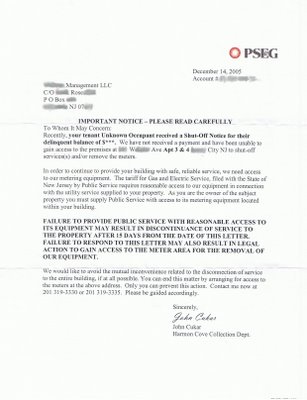I received the following e-mail form my state representative Assemblywoman Charlotte Vandervalk, a Bergen County, NJ Republican:
For the last five budgets, the problem has been the same, increased
spending. The priorities of the Governor and the Democrats are very wrong.
The state's work force has increased by 13, 886 state workers, a 23%
increase, in just the last six years, and the state budget has nearly
doubled to $30.8 billion. Republicans and nonpartisan groups, such as the
State Chamber of Commerce offered the Governor more than $2 billion
dollars in spending cuts for the State budget, but the Governor refused
even to consider them.
Our school funding formula is the real driving force behind our high local
property taxes, and it severely shortchanges our area. The State's own
financial data clearly show that while our residents contribute a
significant portion of the State's tax revenue, we do not receive a
commensurate portion of State education aid and that inequity is due
directly to the school funding formula. Unless the formula itself is
changed, there will be no meaningful tax relief for us.
I have had legislation in place for five years which would grant a basic
amount of state aid for every public school child, but it has been ignored
by the party in control simply because the current funding formula
benefits certain key legislative districts like Hoboken and Newark while
giving our school children virtually nothing. Contained in two bills,
A‑144 and ACR‑51, my proposal would reverse the diversion of
funds that has led to our high property taxes. Indeed, this is already
done in many states and would provide real property tax relief while still
allowing us to provide a quality education for our children. There are
many other possibilities for fair formulas, but to date, Trenton has not
tossed anything on the table even for discussion.
In the 2007 Corzine budget, TAXES WERE INCREASED BY $2 BILLION, SPENDING
WAS INCREASED BY 12.5%, PROPERTY REBATES TO HOMEOWNERS WERE CUT, AND OVER $300 MILLION OF "PORK" WAS PUT INTO THE BUDGET.
We, Republicans, although in the minority, offered budget
cuts which were dismissed. The list contained over $2 billion of items
with which most citizens would have agreed did not need to be in the
budget. But these judicious cuts, which would have negated
the need for any new or increased taxes or fees, were ignored by the
Administration and by the press. Several hundred million dollars could
have been saved and still can be saved simply by taking these suggestions.


